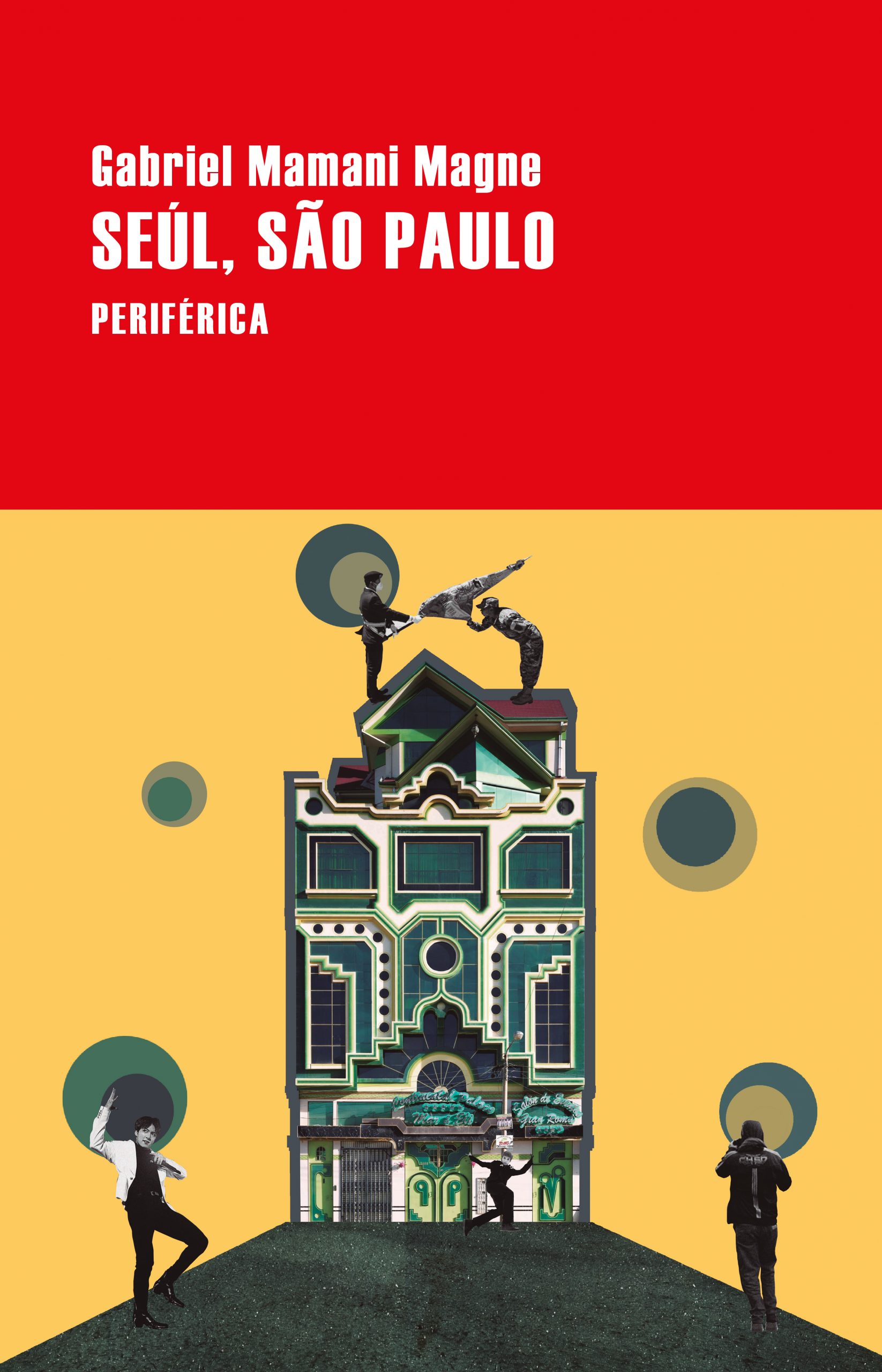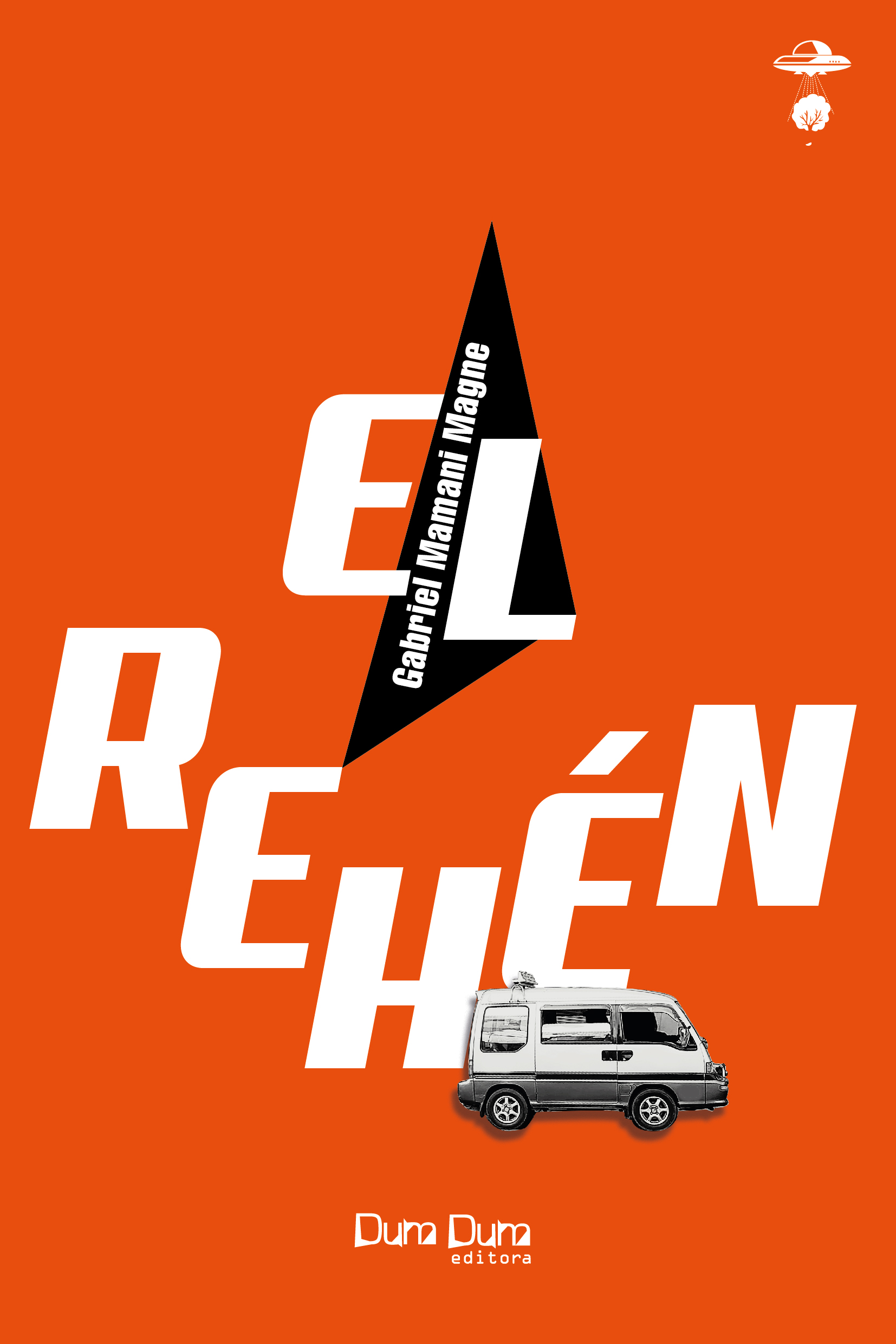
Seúl, São Paulo
Published by
Bolivia Editorial 3600, Dum Dum Editora / Spain and Latin America Periférica / Brazil Todavia Livros / France Éditions Métailié
National Novel Award, Bolivia 2019
“When I got home, my cousin locked himself in his room and studied his face in the mirror. Would it be adolescence? Could it be that Bolivia was beginning to bloom on his body, along with the acne and those finite hairs that were growing on his chin?”
This is the story of the Pacsi cousins. One, the protagonist, is born and raised in Bolivia, while the other one, Tayson, is the son of Bolivians born in Brazil and raised there for some time. Both are seventeen years old; both are doing premilitary service for the Air Force and both must think about what they will do with their lives. First, they need to decipher Bolivia and what it means to live there.
Divided into short chapters, Seúl, São Paulo tells the lives of these two teenagers, their passions, their dreams, and their search for identity, with the backdrop of migration, that phenomenon that changes a family forever. Adolescence, sexual initiation, migration, friendship, racism… Gabriel Mamani gifts us with humor, intelligence anda refreshed language that will leave its mark on any reader.
This novel caused an earthquake on the literary scene of Bolivia. Far from the celebration of miscegenation or the tragic defeat that always marked the indigenous being in Bolivian literature, Mamani holds a sweet and ironic gaze over a family that cries, laughs and drinks to the rhythm of cumbia. José Pablo Criales, El País
Mamani Magne builds a black comedy with tragic overtones, using spontaneous language and a frenetic pace. Emiliano Monge, El País
Mamani’s novels are unforgettable, necessary, and wonderful. Liliana Colanzi
A story with personality, with consistency, like someone who appropriately manages the threads of the narrative but is not satisfied with it and decides to strip his characters naked and show them in all their dimension and vulnerability. Página Siete
These novel traces the deepest problems of identity, not only of the individual, but of being Bolivian in general. And it does it in a way that the reader can’t stop turning the page. Ariadne Ávila, La Razón
Both exquisite and delirious. Claudio Ferrufino-Coqueugniot, Inmediaciones
Subtle humor, vivacious dialogue, and an emotional ease with profound poetry. Evelin Paniagua Cardozo, Los Tiempos
The award jury highlighted in Seul, São Paulo the feeling of strangeness, the discovery of identity and the sense of belonging in the novel. Marcelo Suarez Ramirez, El Deber
the new juice of Latin American literature is squeezed by Mamani in this book. Octavio Gómez Milián, Zona de Obras
It is possible that, finally, after Gabriel Mamani Magne, some understand the greatness and depth of a country historically ignored as Bolivia. Gabriela Wiener
With an acid and humorous language, the text follows the characters, while provoking reflections on power relationships, xenophobia, racism and identity shaping. Flávia Mantovani, Folha De S.Paulo

